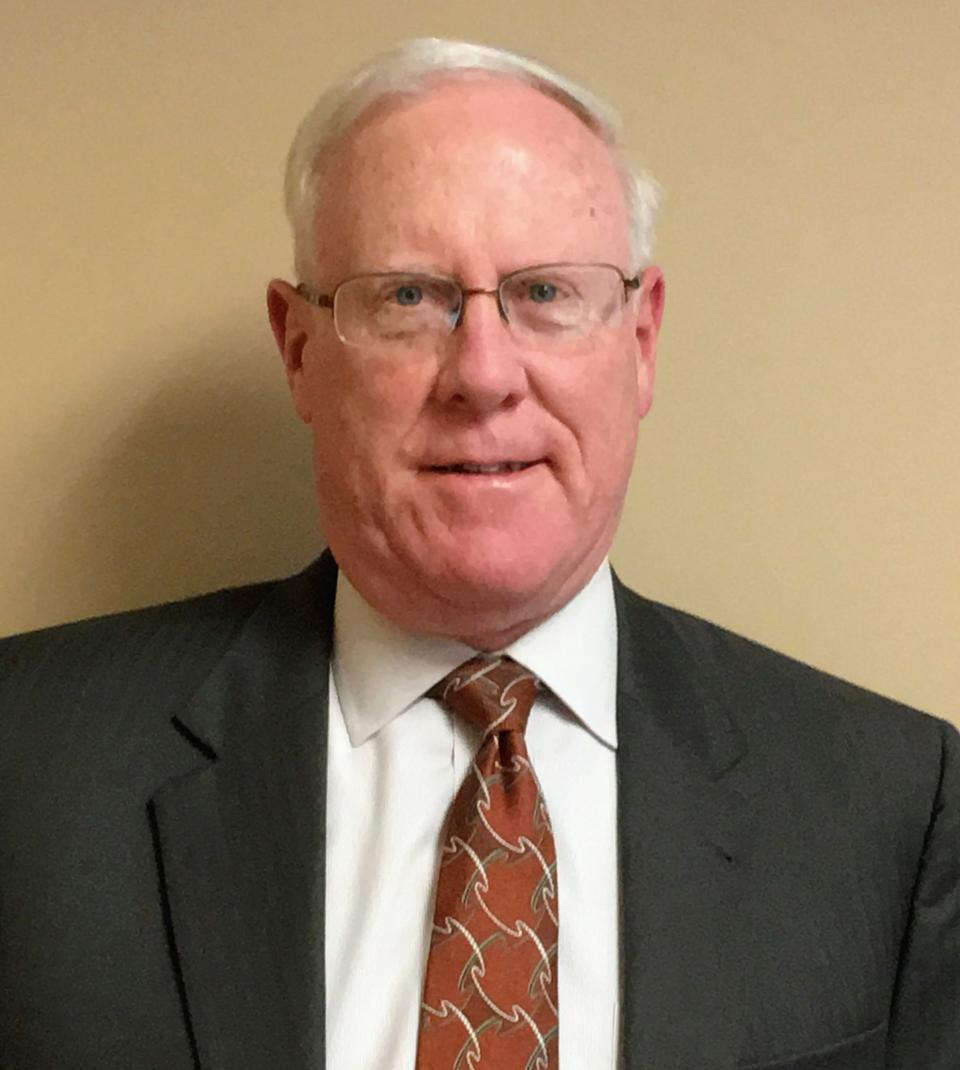Better Business Bureau: Elder fraud is a growing problem
“If it can happen to me, it can happen to you.” That was a warning about elder fraud scams from former FBI and CIA Director William Webster.
The 98-year-old retired judge and his wife Lynda were targeted in a Jamaican lottery scam when an unsolicited caller informed Webster he won a car and millions of dollars. He was told he needed to pay $50,000 to collect his winnings. When the couple declined repeatedly, the caller became abusive and threatening.
The Websters didn’t fall for the scam, but too many other seniors do. In January, a Florida man was sentenced to eleven years in prison for defrauding over 400 mostly elderly victims out of millions of dollars in a phony sweepstakes scam run out of a call center in Costa Rica.
Another Florida man pleaded guilty in November to conspiring with others to steal more than $800,000 by calling elderly people and telling them a loved one, usually a grandchild, was in trouble and convincing the victim to send money to cover legal fees or other expenses. If a person paid, the crooks would call back and fabricate reasons why the victim needed to pay more money, sometimes picking it up in person. Posing as a bail bondsman, the Florida man traveled to a Maryland woman’s home and collected $29,000 to help out a nephew who was in trouble. He was arrested when he went back the next day to collect another $10,000.
Other common frauds that victimize seniors include government impersonators (IRS, Social Security) and tech support, investment and romance scams.
In 2021, more than 92,000 victims over the age of 60 reported losses of $1.7 billion to the FBI’s Internet Crime Complaint Center, representing a 74 percent increase in losses over 2020 and almost 400 percent over 2017. The average loss was $18,246, with 3,133 victims losing over $100,000. The FBI says the actual number of victims is in the millions.
Seniors are targeted because they may have accumulated substantial assets or are struggling to get by on a fixed income. They may be suffering from the effects of aging and health problems and be lonely, making them vulnerable to a scammer who seems friendly.
Be cautious of unsolicited phone calls, mailings, and door-to-door service offers. Resist the pressure to act quickly; scammers create a sense of urgency to produce fear and lure victims into immediate action. Never provide personally identifiable information or give or send money via wire transfers or gift cards to unverified people or businesses.
Ensure anti-virus and security software and malware protections are up to date on your computer and phone. Be careful what you download. Never open attachments or click on links in emails from someone you don't know. Disconnect from the Internet and shut down your device if you see a pop-up message or locked screen. Pop-ups are regularly used by perpetrators to spread malicious software. Enable pop-up blockers to avoid accidentally clicking on one.
If a criminal gains access to your device or account, immediately contact your financial institutions to secure your accounts. Monitor your accounts and personal information for suspicious activity. Consider putting a freeze on your reports at the credit bureaus even if you haven’t been victimized by elder fraud.

Randy Hutchinson is president & CEO Better Business Bureau of the Mid-South. This column is in partnership with Better Business Bureau of Middle Tennessee & Southern Kentucky.
This article originally appeared on Jackson Sun: Better Business Bureau: Elder fraud is a growing problem

